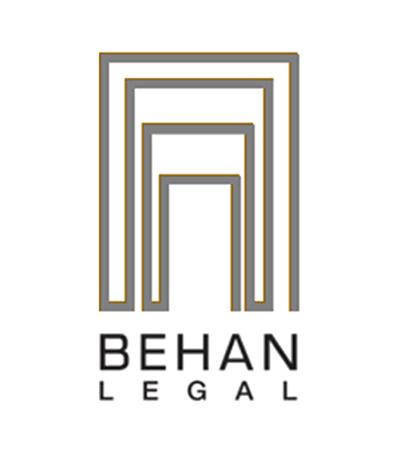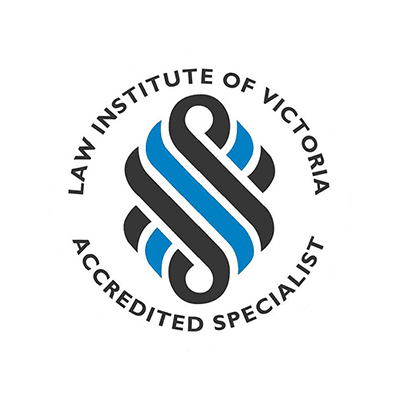Passing Off
Under no circumstances should the owner of intellectual property allow a competitor to use that name or idea. When considering business strategies, investors devote valuable time and money to choose premises, staff, and creating an overall concept. They package this total enterprise and denote it with a name, a logo, or a design.
The public will know a business by its name and if the business owners fail to develop appropriate strategies to protect the name or logo, before announcing it to the public, they could lose legal right of ownership of the idea, name, or logo. Protecting intellectual property involves registering the product, service, or merchandise name as a Trade Mark. Trade Marks are words or pictures used to distinguish goods and services from competitors and represent a standard of quality, reputation, and image presented to the public.
The essence of a business is the goodwill and reputation it generates by marketing its products or services and building customer confidence. There are different methods one can use to market or distinguish the products or services from others, including the use of a mark, a name, or other descriptive material such as advertising slogans. The marketing efforts generate an association in the public between the products and the business and this is an intangible asset of the business which is as much or equivalent value to the sales of the products or services. Therefore, it is essential to protect this intangible asset.
CAN TRADE MARKS GIVE THIS PROTECTION?
Whilst Trade Mark registration protects proprietary right in the registered mark or name used by the business, the common law action of passing off protects the goodwill and reputation built up by the use of the mark or name. It covers not only the mark or name itself, but also other descriptive material such as advertising slogans or images, which customers use to associate the products or services with the business. In this way, the action of passing off prevents a trader from gaining a commercial advantage by simply taking attributes of another’s successful business.
The key elements of a passing off action are:
- That there is a reputation or goodwill on the part of the business;
- Deceptive conduct on the part of another; and
- The existence or threats of damage to the business resulting from that conduct
REPUTATION OR GOODWILL
In passing off, the existence of the reputation makes the difference, and so one must establish that the products or services are attributable to the business. The issues about the existence of reputation are complex, and vary from how to establish the reputation to the localization of the reputation.
For example, a trader can establish an association and therefore goodwill between the product and the business by using an identifying name or mark but it can also use packaging or “get-up” of goods, or images created in the course of advertising to distinguish the product and create the association. In today’s fiercely competitive world, the trader who puts new products or services on the market without aggressively marketing its connection runs the risk that, before it has built up a distinctive reputation as the supplier of the products or services, imitators will move in to take advantage of its success.
DECEPTION
The deception about passing off was traditionally that one trader attempted to represent its product as that of the other more successful trader. However, the law in this area is continuously changing as marketing methods and concepts expand, and can now cover situations where one trader uses marketing devices or other means, either obviously or covertly, to imply that there is a connection, association, or sponsorship to another trader. Deception can occur when a trader takes advantage of a special characteristic attached to the product such as the origin and quality associated with the product.
DAMAGES
In order to obtain proper redress for any losses suffered because of passing off, one must show either actual loss or a real prospect of loss. Various aspects of a business about reputation and goodwill are important, which can suffer loss because of any deception. For example, loss may arise from the devaluation of the goodwill due to loss of trade, or it may extend to the loss of potential to capitalise on the goodwill created.
REMEDIES
The primary remedy sought is to stop the passing off by the offending trader. However, compensation is only available depending on the types of loss suffered. Behan Legal can assist in assessing the essential aspects of the goodwill generated by the business product and advise on how to protect that goodwill from exploitation, thereby protecting, and maximizing the investment in developing and marketing the business.
COMMON LAW ACTION OF PASSING OFF
This action is available to obtain remedies against a party that may be deriving some benefit or damaging the reputation and goodwill associated with the “brand name” of your goods and services. The protection is available not to the product itself but the association between the product, its owner and the investment made to make the products or services distinguishable using any indicia such as marks, letters, or any descriptive material such as an advertising themes or slogans.
To succeed in such an action, it is necessary to show that there was a misrepresentation made by a trader in the course of trade to prospective or ultimate customers, calculated to damage the business or goodwill of another which causes actual damage or will probably do so. The essential requirement is that one derives the product’s distinctive character in the market place from the description. However, it is important to note that the law of passing off is not protecting the product but the indications of where the product comes from.
NEED MORE INFORMATION
Behan Legal assists and advises on these important issues. For an appointment, call 03 9646 0344.


